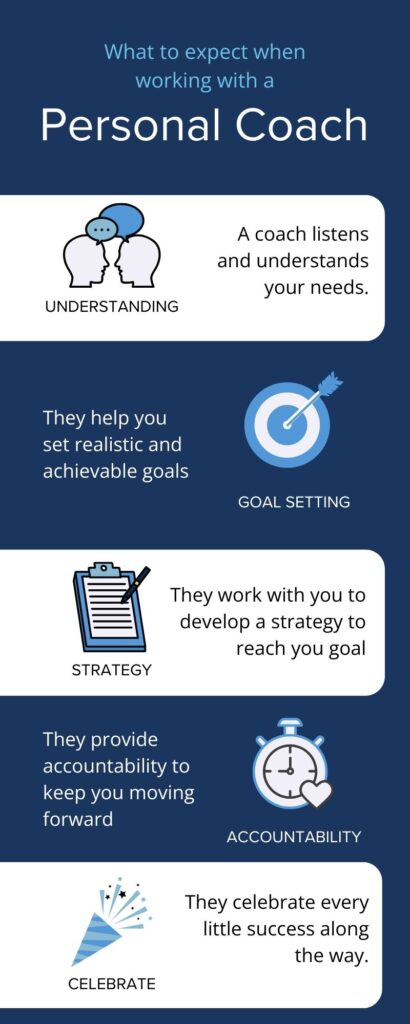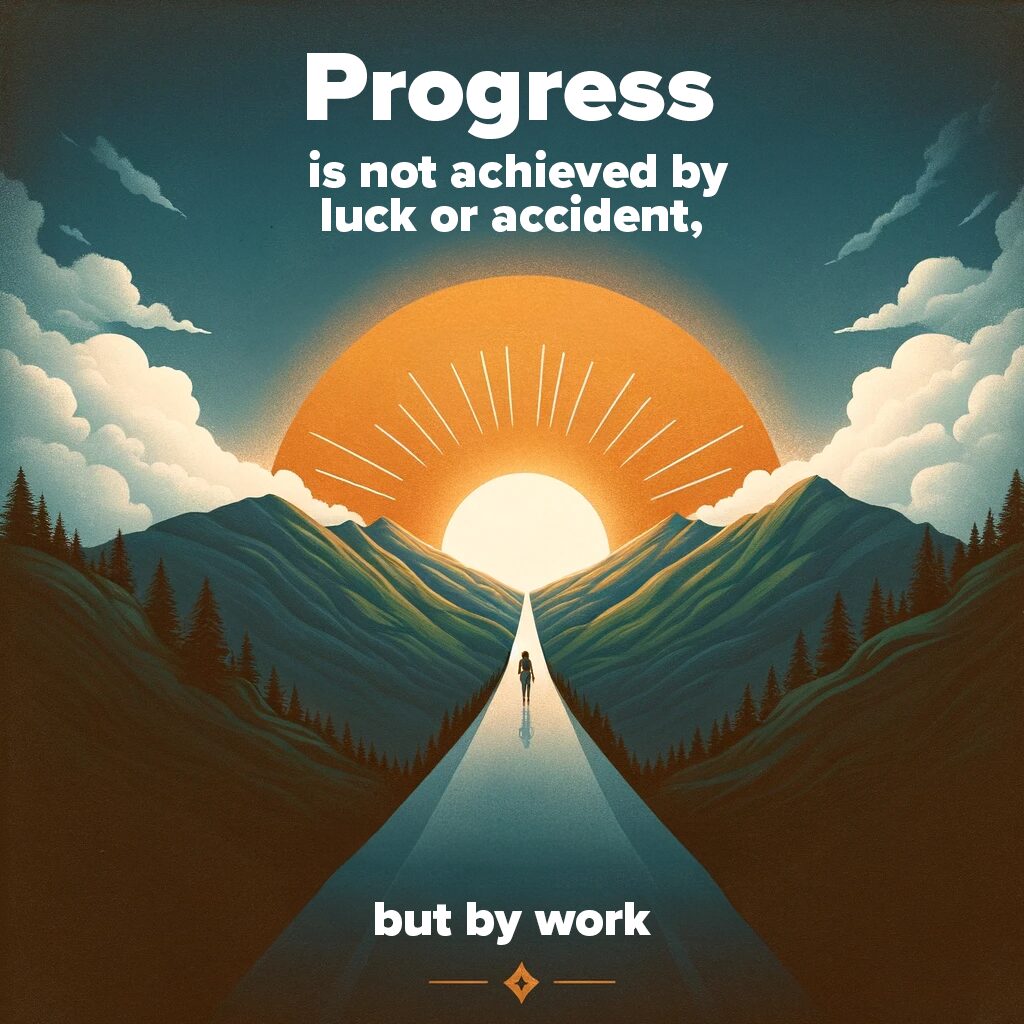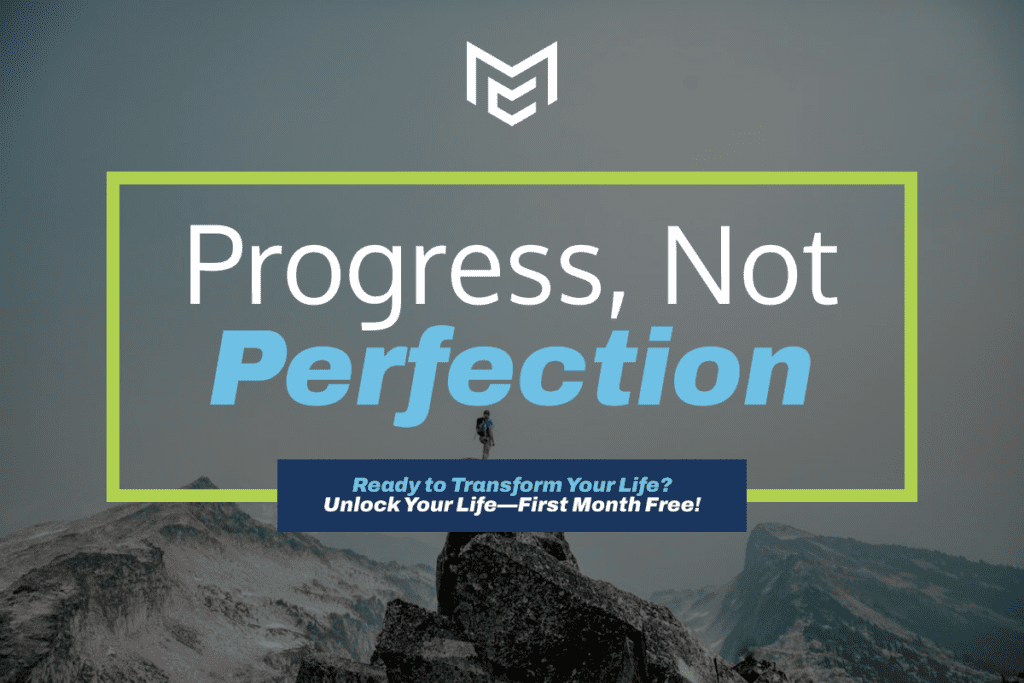Introducing the Personal Coaching Playbook
Ready to master the art of living well across all chapters of your life? The Personal Coaching Playbook is your essential companion on the journey to realizing your fullest potential. Follow the strategies and steps in this guide for a better professional and personal life. Embrace the playbook, and step up to a life rich in achievement and satisfaction—it’s your time to soar with the Personal Coaching Playbook.
Understanding Personal Coaching
Imagine having a dedicated ally in your corner, someone whose sole focus is to help you tap into your untapped potential. Personal coaching is about teaming up with a coach to unleash your full potential. Together, you’ll zero in on your aspirations, tackle the hurdles that stand in your way, and map out a bespoke action plan that paves the road to lasting triumphs.

What is Personal Coaching?
Think of personal coaching as a team effort, where a coach brings out the best in you through engaging dialogue and thought-provoking questions. It’s a journey of self-discovery, where you’ll shine a light on what you’re great at and what could use a little polish. Through personal coaching, you can identify where you stand now and where you want to be, which will ignite your drive to achieve your goals and dreams.
Benefits of Personal Coaching
The benefits of personal coaching are many. Client’s experience enhanced self-awareness, improved decision-making, and a greater sense of direction and value. Personal coaching boosts confidence and helps clients overcome life’s challenges. This journey will help you gain confidence, improve relationships, and live a more balanced life.
Setting Goals for Whole Life Success
It’s essential to set goals that align with your values and priorities to achieve whole life success. Here’s a breakdown of how to get started.
Identifying Personal Values: Take a moment to reflect on what matters most to you. Knowing your core values is the basis for setting meaningful goals in various aspects of life.
After identifying your values, rank them by their significance in your life. This will help you allocate time and resources effectively.
SMART Goal Setting
Specific Goals: Define your goals clearly and specifically. Rather than aiming to “exercise more,” consider setting a goal like “jogging for 30 minutes, four times a week.”
Measurable Progress: Establish concrete criteria for measuring your progress toward each goal. This could keep a daily journal, tracking fitness metrics, or maintaining a task checklist.
Attainable Objectives: Set goals that are challenging yet attainable. Consider your current commitments and capabilities when setting the bar for achievement.
Relevant Goals: Ensure that your goals align with your values and long-term objectives. They should contribute to your overall well-being.
Time-Bound Targets: Set realistic deadlines for your goals. This adds a sense of urgency and accountability to your efforts, preventing procrastination.
Connect your goals with your values and use the SMART criteria to develop a roadmap for success in every area of your life.
Recognizing and Addressing Limiting Beliefs
I used to doubt my abilities constantly and question whether I was worthy of success. It wasn’t until I recognized and addressed these limiting beliefs, I could make significant progress in reaching my goals. To achieve whole life success, I need to acknowledge and overcome my limiting beliefs.
Strategies for Building a Positive Mindset
- Affirmations:
Start each day by affirming positive beliefs about yourself. By repeatedly affirming your capability and worth, you can gradually shift your mindset from negative to positive. - Visualizations:
Create a clear mental image of your desired outcome. Visualization can help to reprogram your subconscious mind and reinforce positive beliefs. - Gratitude Practice:
Regularly expressing gratitude for the things you have can shift your focus from what’s lacking to what’s abundant in your life. This can foster a more positive and hopeful mindset. - Self-Compassion: Treat yourself with the same kindness and understanding that you would offer to a friend. Embracing self-compassion can help counteract self-criticism and foster a healthier mindset.
- Surround Yourself with Positivity:
Seek individuals who uplift and inspire you. Having a positive environment can support a positive mindset and reduce the influence of limiting beliefs.
By changing my mindset and adopting positive thinking, I’ve achieved great success in all areas of my life. This playbook has helped to help me break through mental barriers and achieve whole life success.
Matt Clark
Taking Action and Building Momentum
Acting is the first step towards changing our lives. It requires creating a personalized action plan that outlines the specific steps we need to take in order to achieve our goals. This plan serves as a roadmap, guiding us through the journey towards success. By breaking down our goals into smaller, manageable tasks, we can avoid feeling overwhelmed and stay focused on making progress.
Creating a Personal Action Plan
When creating a personal action plan, it’s essential to be specific and realistic. I like to start by identifying my long-term goals, then breaking them down into smaller, actionable steps. For each step, I set a clear timeline and outline the resources or support I need to accomplish it. This process not only helps me stay organized, but also provides a sense of direction and purpose.
Sample Personal Coaching Action Plan
| Time Frame | Health Goals | Professional Goals | Personal Development Goals | Accountability Measures |
|---|---|---|---|---|
| Week 1-4 | Establish a 30-minute morning routine including meditation and stretching. | Set weekly priorities every Monday to align with quarterly objectives. | Read one book related to personal growth or your field. | Weekly check-in with a coach to review progress and obstacles. |
| Week 5-8 | Incorporate a 15-minute high-intensity workout thrice a week. | Delegate two low-priority tasks each week to increase focus on high-impact projects. | Practice daily journaling focusing on gratitude and achievements. | Bi-weekly review of goal tracking sheet with a mentor or peer. |
| Week 9-12 | Prepare home-cooked meals 4 days a week with balanced macros. | Complete a professional development course related to your field. | Engage in a new hobby or activity that is outside of your comfort zone. | Share meal prep photos with a support group to stay motivated. |
| Week 13-16 | Sleep at least 7 hours each night and establish a wind-down routine. | Implement a new productivity technique at work and measure its impact. | Reflect on the past quarter’s achievements and set goals for the next. | Host a monthly meet-up with peers to discuss progress and insights. |
Accountability and Tracking Progress
Accountability plays a crucial role in staying committed to our action plan. I find it helpful to share my goals with a trusted friend, family member, or coach who can help hold me accountable. Tracking my progress helps me celebrate small wins and make changes if needed. Whether it’s using a journal, mobile app, or calendar, having a visual record of my progress motivates me to keep moving forward.
Building momentum means consistently making intentional choices that align with our goals. By having a clear plan, holding ourselves accountable, and tracking progress, we can achieve whole-life success.
Nurturing Relationships and Well-being
Balancing Personal and Professional Relationships
Balancing personal and professional relationships is like caring for a fragile garden. Just as each plant requires different care and attention, so do the various relationships in our lives. To nurture different aspects of our lives, it’s important to set boundaries, schedule quality time, and communicate openly. When we recognize and respect the different needs of our personal and professional relationships, they can both flourish.
Self-care and Wellness Practices
Just as we charge our phones to keep them functional, it’s essential to recharge our own batteries through self-care and wellness practices. This may include regular exercise, mindfulness activities, or simply taking a moment to indulge in our favourite hobbies. Think of it as tending to a prized possession. We owe it to ourselves to maintain our well-being and to function at our best in all aspects of life. Taking care of our own well-being allows us to pour into our relationships and endeavours from a place of abundance rather than depletion.
Sustaining Long-Term Success

Change and challenges are inevitable, but adapting to them is essential for sustaining long-term success. I invite you to consider that rather than being hindered by these obstacles, they can serve as opportunities for growth. Embracing change allows for continued personal and professional development, fostering resilience and adaptability.
Adapting to Change and Challenges
We should view change and challenges as stepping stones, not stumbling blocks. Embracing the unknown and being open to new possibilities is key. This requires flexibility and a willingness to step outside of our comfort zones. When we overcome challenges, we gain valuable insights and skills that contribute to our long-term success.
Continuing Personal Growth and Development
To sustain long-term success, it is vital to prioritize personal growth and development. This involves seeking new ways to learn, such as formal education, mentorship, or self-study. Investing in personal growth boosts skills and mindset, enabling innovative approaches to challenges.
To be successful in life, we need to embrace change, challenges, and personal development. It’s through these experiences that we fortify our foundation for long-term fulfilment and achievement.
Conclusion
The Personal Coaching Playbook is a practical guide for success in all areas of life. Implementing the strategies in this playbook can help individuals grow personally and professionally. Use this resource to learn practical techniques for overcoming challenges and living a fulfilling life. The Personal Coaching Playbook is a useful guide for success in all areas of life.








